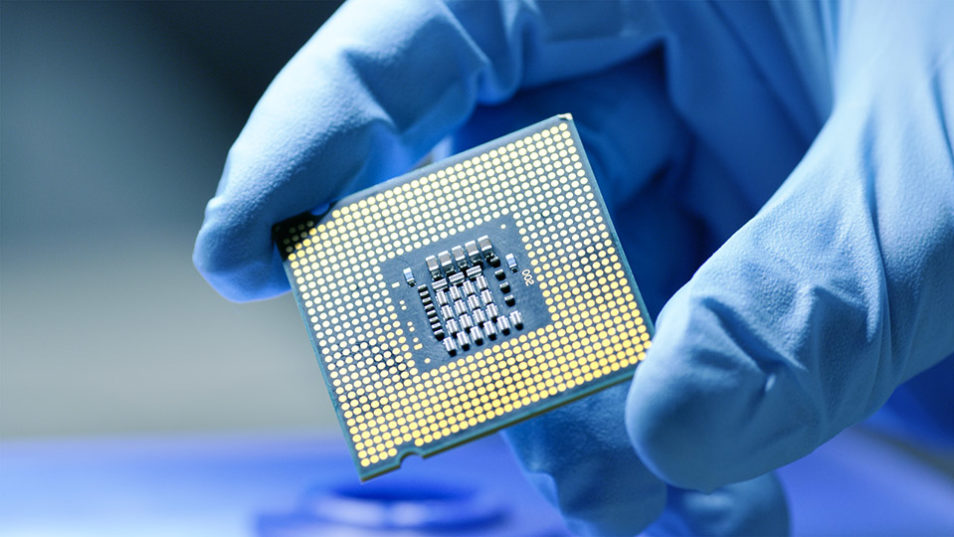Quantum Technology - Research in Japan
 © DWIH Tokyo/iStock.com/gorodenkoff
© DWIH Tokyo/iStock.com/gorodenkoff
The German Embassy Tokyo has compiled information on quantum technology research in Japan. The overview summarizes the current situation as follows:
On June 15, the Fraunhofer-Gesellschaft commissioned the first “IBM Quantum System One” in Europe in the presence of Chancellor Merkel in Ehningen (near Stuttgart). In the next few months, an IBM Quantum System One will also be put into operation in Japan, at the Kawasaki Business Incubation Center (KBIC) in Kawasaki (near Tokyo). With these new systems, very complex calculations can be carried out in a short time that cannot be performed with conventional high-performance computers, or only with an unacceptably high expenditure of time. This will open up completely new possibilities in areas such as materials research, pharmaceuticals and logistics.
Japan (and Australia) are considered to have a similar level of development in quantum computing as Europe, according to a recent analysis by Stollenwerk (DLR, 2021). The USA and China are world leaders in this field. Kagermann et al. (Acatech, 2020) also point to Japan’s relative strengths in “innovation potential of second-generation quantum technologies”. Thus, deeper research collaboration between Germany and Japan in quantum technologies, esp. quantum computing and quantum communication and cryptography, is promising.
Cooperation between industry, government and academia in Japan in the research and development of quantum technologies is gaining momentum. Eleven Japanese companies, including Toshiba Corp, Toyota Motor Corp and Nippon Telegraph and Telephone Corp. (NTT) formed a partnership (council) on May 31, 2021, for the industrial use of quantum technologies. The council will identify issues related to quantum computers, quantum cryptography and other enabling technologies, skilled labor needs/training, and rules and standards.
Also on May 31, Mercari Inc. (E-commerce) announced that it has joined with Keio University and the University of Tokyo to establish an organization for quantum Internet research and development. Other companies are expected to join. Quantum Internet, which involves the exchange of quantum data, allows users to communicate securely and protects them from prying eyes. The new organization aims to put quantum Internet into practice on a trial basis in 15 years.
At the EU-Japan summit on May 27, Prime Minister Suga advocated cooperation with the EU on quantum technology research, among other things, as part of the EU’s proposed “partnership for the digital decade” and Japan’s association with the Horizon Europe research framework program. Japan wants to research and develop quantum technologies programmatically in multilateral/bilateral cooperation (USA, EU).
The complete overview (as of June 16, 2021) including Japanese quantum technology – research and points of reference for Germany is available here for download (partly in German).

If you have any questions, please contact Dr. Lothar Mennicken, Head of the Science and Technology Section, German Embassy Tokyo.
Email